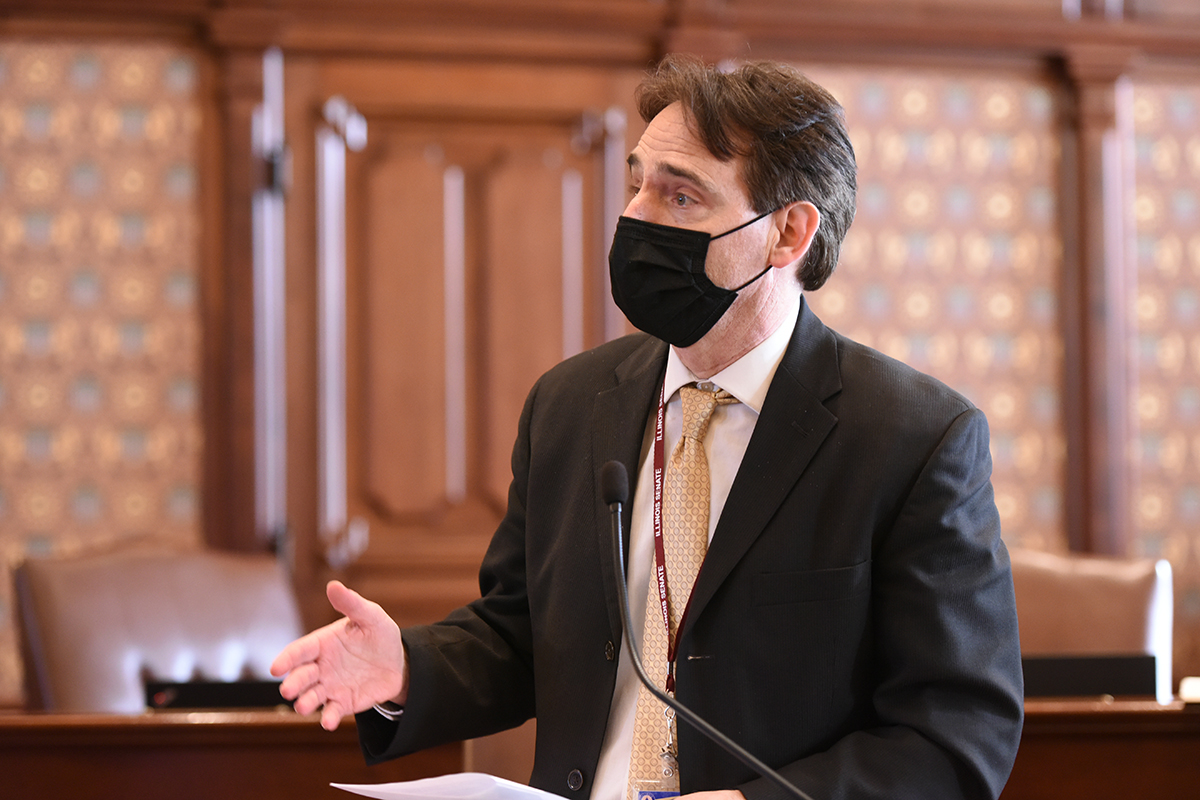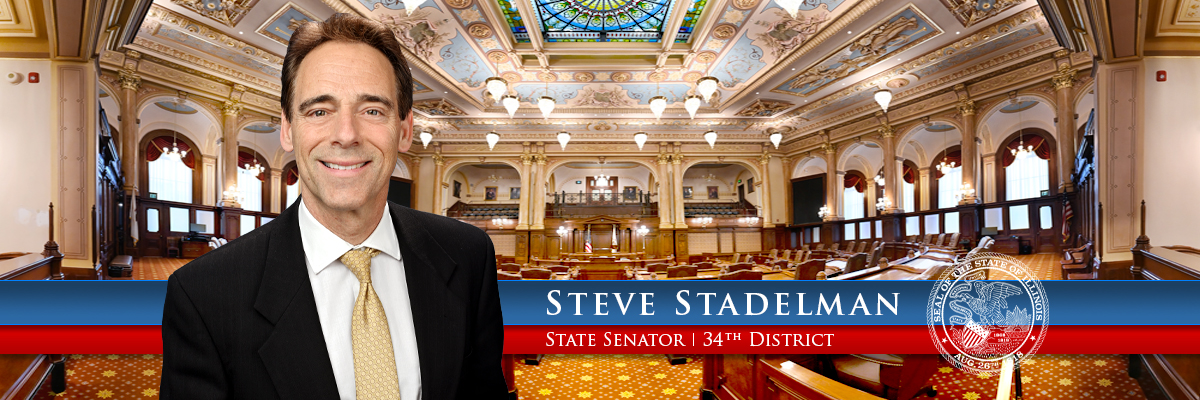 ROCKFORD – Today, State Senator Steve Stadelman (D-Rockford) joined his colleagues to protect and create tens of thousands of jobs while setting Illinois on a path toward clean energy for the state.
ROCKFORD – Today, State Senator Steve Stadelman (D-Rockford) joined his colleagues to protect and create tens of thousands of jobs while setting Illinois on a path toward clean energy for the state.
“This is a smart investment in the future of Illinois,” Stadelman said. “We are saving thousands of well-payingjobs as well as creating tens of thousands of long-term, good-paying renewable energy jobs.”
The legislation, SB 18 invests in the thousands of people who work at nuclear plants, including at Byron near Rockford, that rely on these jobs for their livelihoods. Ensuring these plants stay open provides economic stability for that the people who work there and allows Illinois to generate its own carbon-free energy instead of importing from fossil-fuel burning plants in other states.
In addition, the measure would help train thousands of people for good-paying jobs in the clean energy economy, as well as making an investment in solar energy by incentivizing construction of large-scale solar facilities across the state. The creation of a number of statewide programs will help train workers for these new clean energy jobs, providing a solid pipeline for people to move into the growing renewable energy sector.
“The truth is we cannot burn fossil fuels forever. They’re a limited resource, and we know they damage our environment,” Stadelman said. “Let’s start transitioning people to renewable energy jobs before plants are closed and thousands of Illinois residents don’t know where their next paychecks will come from.”
The legislation would also establish rights for workers at fossil-fuel and nuclear power plants and mines to help them transition to new jobs in the renewable energy sector. In addition, this program would help provide for children of these displaced workers by supplying a one year scholarship for tuition at Illinois’ public colleges and universities.
This plan would make Illinois a national leader in reducing carbon emissions through a transition to renewable, reliable and affordable energy. It sets the state on a path to full renewable energy generation by 2050, along with securing tens of thousands of well-paying jobs for generations to come.
###




